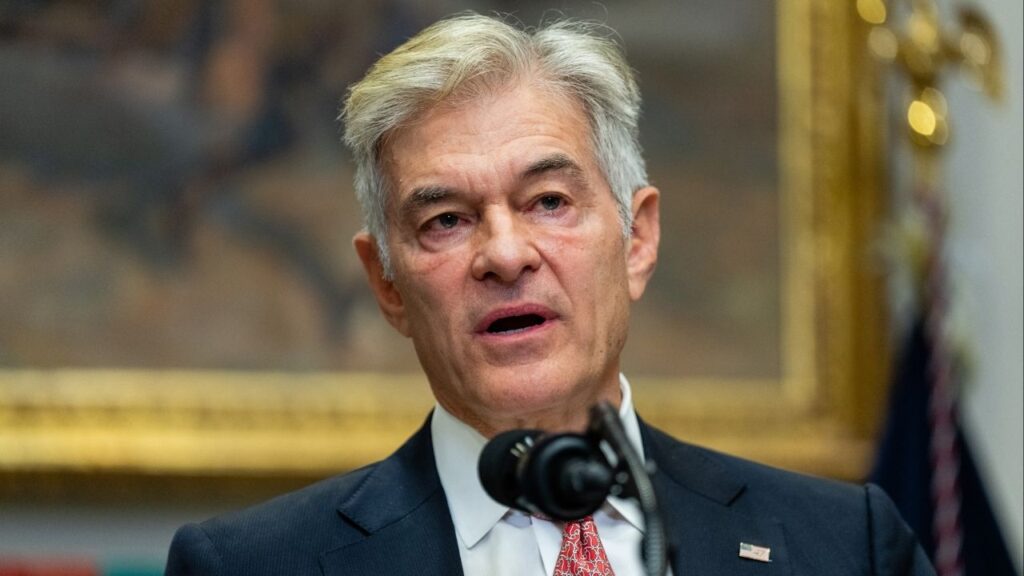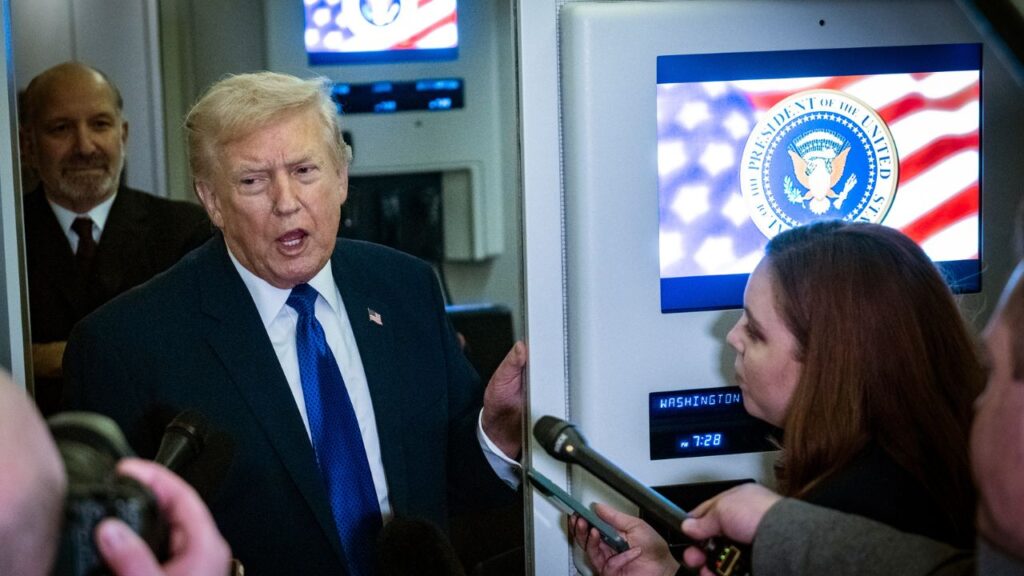Share
Sarah Enemark of Contra Costa County says she doesn’t travel often, but when she does, she typically forgets to bring her own toiletries. So on a recent weekend, chatting outside the bustling lobby of the Hyatt Regency in Sacramento, she sang the praises of those tiny hotel room amenities that so many travelers take for granted.

Analysis
Elizabeth Castillo
CALmatters
Those little extras, however, have become the next target in California’s effort to cut down on single-use plastic products. A bill working its way through the state Legislature would force hotels across California to rid rooms of the miniature toiletries.
Assembly Bill 1162 would ban hotels, resorts and other vacation rentals from doling out shampoos, creams and other amenities in small plastic bottles by January 1, 2023. Rentals would have to replace the sample-sized products with dispensers or bottles larger than 12 ounces.
“We are addicted to plastic as a society,” said Democratic Asssemblyman Ash Kalra of San Jose, the bill’s author. “I do hope my colleagues view this as a common sense piece of legislation that once again puts us forward as leaders when it comes to trying to reduce our plastic consumption and leaders on issues of the environment.”
Yet Another Example of California-Style Nanny-State Meddling
Kalra said he recently stayed at a hotel in San Francisco that used larger bottles instead of small personal plastic bottles. Guests at the hotel could also purchase the luxury bath products in the lobby, he said.
Some critics have seized on the shampoo bill as yet another example of California-style nanny-state meddling.
“Because Calif’s solved all other law enforcement issues:? Calif moves to ban tiny hotel shampoo bottles,” conservative McClatchy columnist Andrew Malcolm recently tweeted, apparently so incensed that he typed extra punctuation.
Others, including the Personal Care Products Council, say the ban could create missed sales opportunities for some companies.
“AB 1162 will impact personal care product manufacturers significantly, including small and medium sized companies that may be re-packers or distributers,” the trade industry organization stated in a letter of opposition. “These companies may purchase the product, re-package it and then in some cases license the brand names for use in hotels or lodging establishments.”
The California Hotel Lodging Association isn’t officially opposed to the bill but has asked that it be amended to allow hotels more time to make the switch. The organization wants the bill to go into effect Jan. 1, 2025, for hotels with more than 50 rooms and 2026 for those with fewer than 50 rooms.

Some Mom-and-Pop Establishments Have Already Adopted the Switch
Kalra called the ban on small plastic bottles “low hanging fruit.” He said he spoke to industry leaders before authoring the bill to ensure a smooth transition. He pointed to other industries that already use dispensers like those seen at gyms. He also said there’s a shift happening at the corporate level. Marriott International began implementing the change at hotels in April last year.
Marriott has presented the shift as part of the company’s plan to be more sustainable. Dispensers have been implemented at nearly 500 hotels in North America, a company spokesperson said.
With the change, the average-sized Marriott Hotel with 140 rooms will save more than 23,000 small bottles or about 250 pounds of plastic per year, according to the company.
Some smaller mom-and-pop establishments have already adopted the switch as well. Jen Hagglof, who owns a historic bed and breakfast in south Santa Cruz County, said her commitment to reducing plastic waste led her and her husband to donate the miniature toiletries in their establishment to the local homeless shelter and replace them with larger shampoo, conditioner and lotion dispensers.
From afar, she said, the beach near their Aptos home is clean, but closer up, plastic remnants from single-use water bottles strew the landscape—a problem so unsightly that when she walks her dog, she carries bags to collect the litter.
“We didn’t even consider using single use plastics and we don’t use plastic water bottles like some hotels,” she said. “We immediately got refillable dispensers with eco-friendly products.”
Small Bottles Will Be Banned From Hotels in the County Dec. 31, 2020
Since more and more plastic lands in the ocean, Santa Cruz County has already passed a similar ordinance and, according to officials, is the first county nationwide to adopt the policy.
“Many people here want to be sustainable,” Friend said. The measure passed unanimously when it was introduced in November. He said that some local hotels, like Hagglof’s inn, had already implemented the policy prior to the ordinance. He said California can be a leader on sustainable efforts and is pleased that the plastic bottle change could go into effect statewide.
“We’re obviously encouraged by how quickly it’s moving into a statewide effort,” Friend said. “I don’t think we can expect the federal government to be leading the way on a lot of these issues anytime soon and so you’ll really mostly see the solutions at the local and state government level.”
In Sacramento, hotel guest Enemark says she’d be really upset if hotels banned the free products entirely, but a larger bottle would be acceptable.
“I’d be great with dispensers,” she said. “They can do whatever they want as long as they don’t take it away.”
CALmatters.org is a nonprofit, nonpartisan media venture explaining California policies and politics.
RELATED TOPICS:
Categories



















